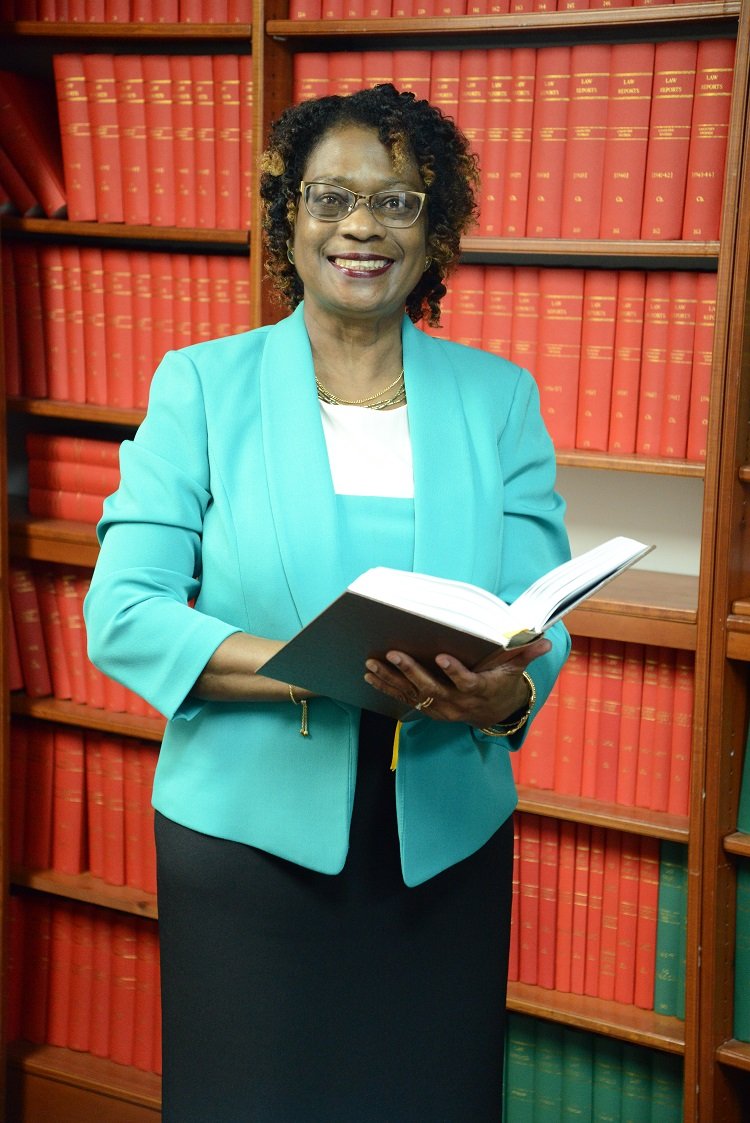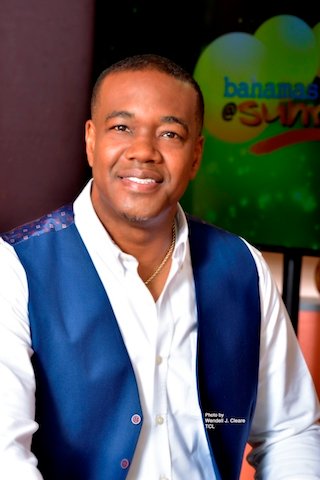Noted activist, ORG and unions commend debate series for furthering democracy and accountability
Future debate participants prohibited from reading lengthy prepared speeches
NASSAU, BAHAMAS — The National Election Debate Series Planning Committee yesterday announced that the third debate to be hosted by the University of The Bahamas (UB) and Verizon Media Group will be held on August 10, 2021, under the theme “Constitutional Reform and Human Rights”.
In a statement, the committee called the theme “timely and relevant considering the country’s 48th independence and the impending Emancipation Day anniversary on August 2”.
“Some of the seminal issues we seek to address in our next debate are related to our current adoption of the British Westminster model of government and the extent to which this system is suitable for a country and people still attempting to emancipate themselves from the legacy of colonialism,” the statement read.
On August 10, participating debaters will be asked to reflect on pressing constitutional concerns related to equality, the rule of law and international conventions that The Bahamas has endorsed as a sovereign nation.
Additionally, participants will be asked to discuss antiquated laws in the country and how their party would amend or repeal such legislation.

Marion Bethel-Sears, attorney, activist and United Nations expert, said: “It’s timely, it’s critical, it’s super important for the society at large to have these debates, to have conversations with people who are going to represent us for at least five years, and are going to be putting forward laws and policies and programs on our behalf.
“They have to know what we think, what we want and where we see this country moving and how it will move.”
The debates have received the full support of the National Congress of Trade Unions of The Bahamas (NCTUB), Trade Union Congress (TUC), the Bahamas Communications and Public Officers Union (BCPOU) and allied unions and the Bahamas Union of Teachers (BUT).

NCTUB President Paul Maynard said: “The trade unions support the debates because we have to see what type of leaders we’re getting; it’s important.
“Everyone got this mindset that once the government wins they don’t have to answer to the public; that they can do what they want to. We elect politicians to carry out the mandate of the country and we need them to come to the people and inform us in detail about their vision and how they plan to execute it.”

BUT President Belinda Wilson said: “It is really gratifying to see our premier institution of higher learning host a series of political debates. It shows that academia can and will play a pivotal role in the political discussions and narrative in The Bahamas.”
The committee also welcomed the support of the Organization of Responsible Governance (ORG) and the inclusion of its representative Steffon Evans as a member of the planning committee.
“The theme of the next debate is high on ORG’s agenda for policy reform, and as such, we look forward to the upcoming event as an exciting educational opportunity for all,” Evans said.
“We have always supported the concept of debates because they allow for a greater level of accountability even before an administration comes into office.
“It sets a more realistic expectation of what the relationship between leaders and citizens should look like — one that is grounded in accountability, transparency and participation.”

Moderating the debate will be UB Chair of Social Sciences and former Director of Culture Dr Nicolette Bethel and Philip Simon, former executive director of the Bahamas Chamber of Commerce and TV host at Bahamas at Sunrise.
The top four political parties — the Progressive Liberal Party (PLP), the Free National Movement (FNM), the Democratic National Alliance (DNA) and the Coalition of Independents (COI), as ranked by an Intel Cay poll — have been invited to participate.

Participants in this debate are also required to be ratified candidates in the upcoming general election as they would be best suited to present the party’s policy position on the twin issues of constitutional reform and human rights.
Additionally, there will now be six questions fielded to debaters but only one scripted question will be provided in advance.
Each of the four participating parties will receive a series of general prompts related to a question that will be posed on the night of the debate to allow them to adequately prepare for the general topics to be covered during the debate, but to discourage scripted speeches.
The committee has also prohibited the reading of lengthy prepared speeches for the remaining debates, noting: “Excessive reading of speeches detracts from the overall value and principles of the debate, and has also been a top complaint emerging from feedback on the debates.”






